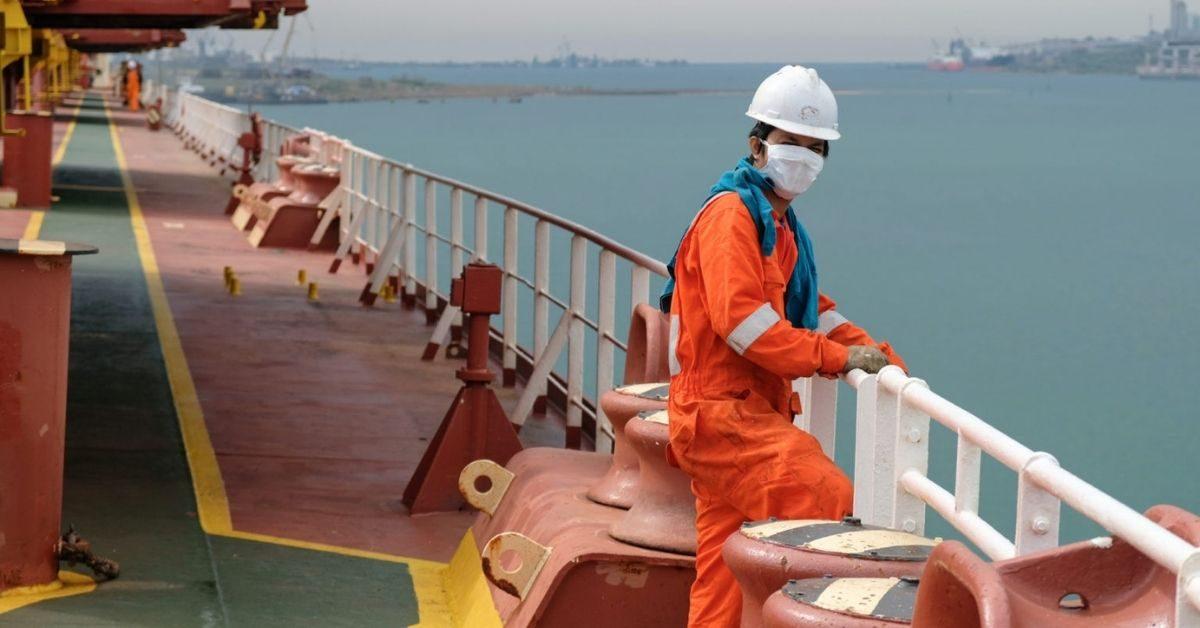The world’s attention is currently on the front lines of the conflict in eastern Ukraine and how it may affect the international economy, but the Russian invasion has also had a huge impact on Ukrainian seafarers, who make up a sizable portion of the officers and ratings in the world fleet. All men of military age are prohibited from leaving Ukraine due to wartime mobilisation regulations, which limits the mobility of Ukrainian mariners. Thousands of others are waiting for things to get back to normal with their family in other European countries. An estimated 30,000 Ukrainian seafarers are unemployed, and 10,000 more leave their contracts with ships all over the world each month.
According to Martin Foley, CEO of the charitable organisation Stella Maris UK, many of them must make the difficult decision of whether to remain on board or leave their ships to be with loved ones or contribute to the war effort. To ensure that seafarers who seek assistance and settle in western Europe maintain contact with the industry and continue to receive the education and support they require, Stella Maris has been contacting crewing agencies.
Stella Maris’ local team remains on the ground in Odesa, which has largely been spared from the fighting but is still exposed to the risk of Russian missile strikes. There are an estimated 84 ships and 500 seafarers still stuck in Ukraine’s Black Sea and Sea of Azov ports due to the Russian blockade, and Stella Maris is helping to keep them supplied with food.
The charity is also helping seafarers’ families with emergency accommodations in Kaszuby, Poland, west of Gdansk. The need for care and counseling at this center continues to grow, according to Stella Maris. So far, Stella Maris has brought in about $250,000 in donations to support seafarers who have been affected by the war, thanks in part to help from the industry. It will continue its fundraising efforts to ensure a steady flow of assistance.







